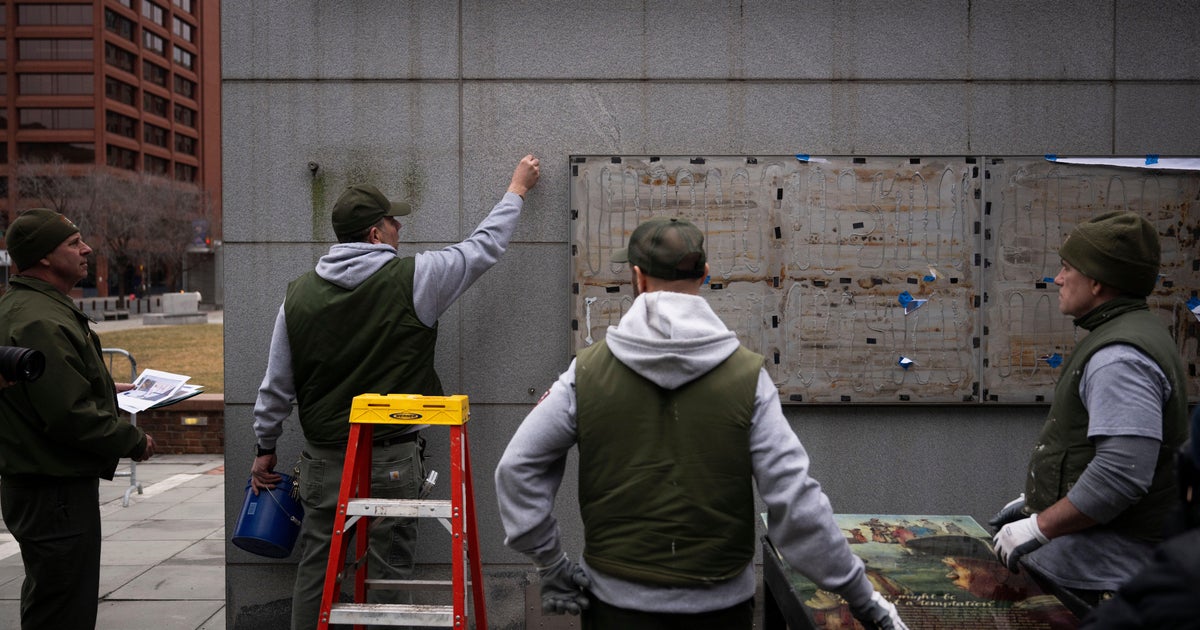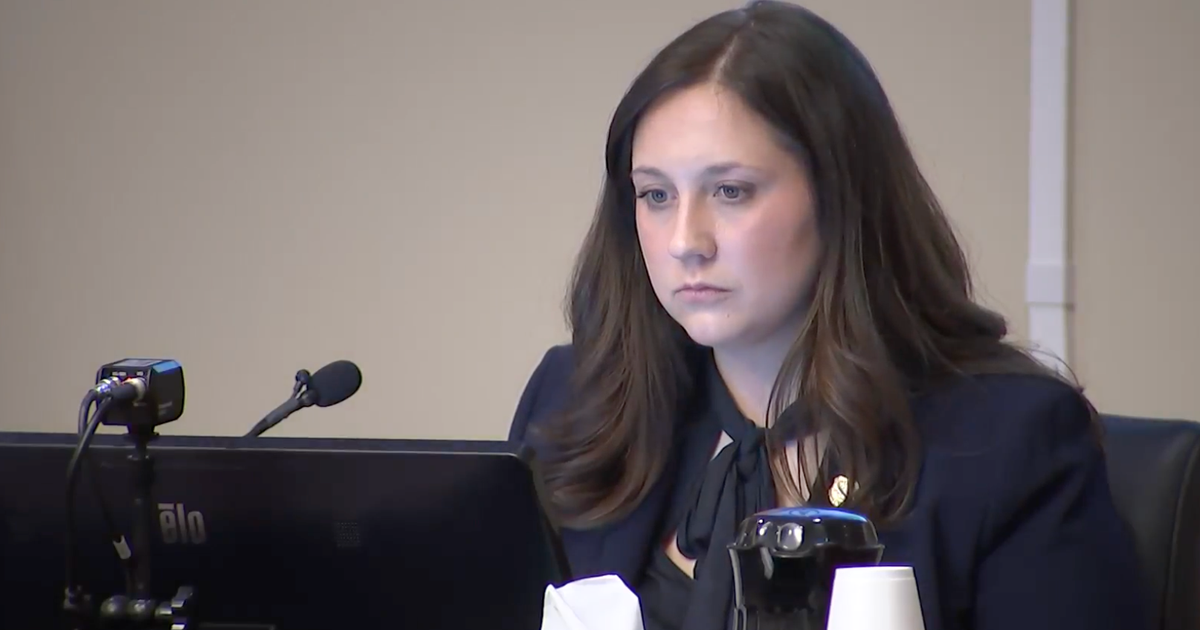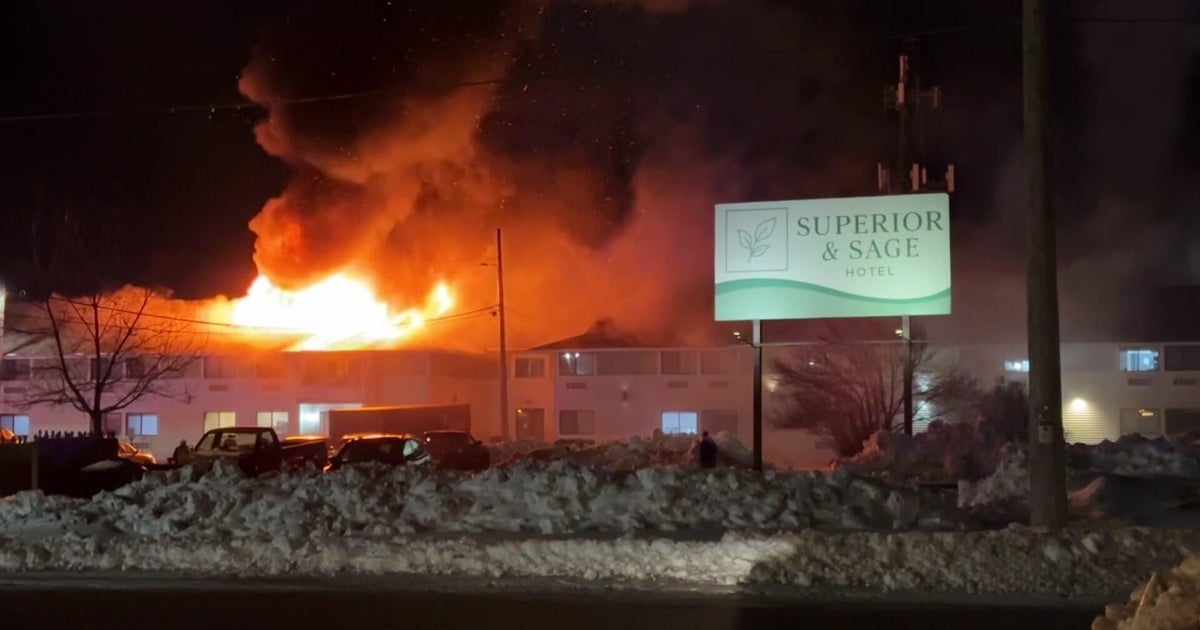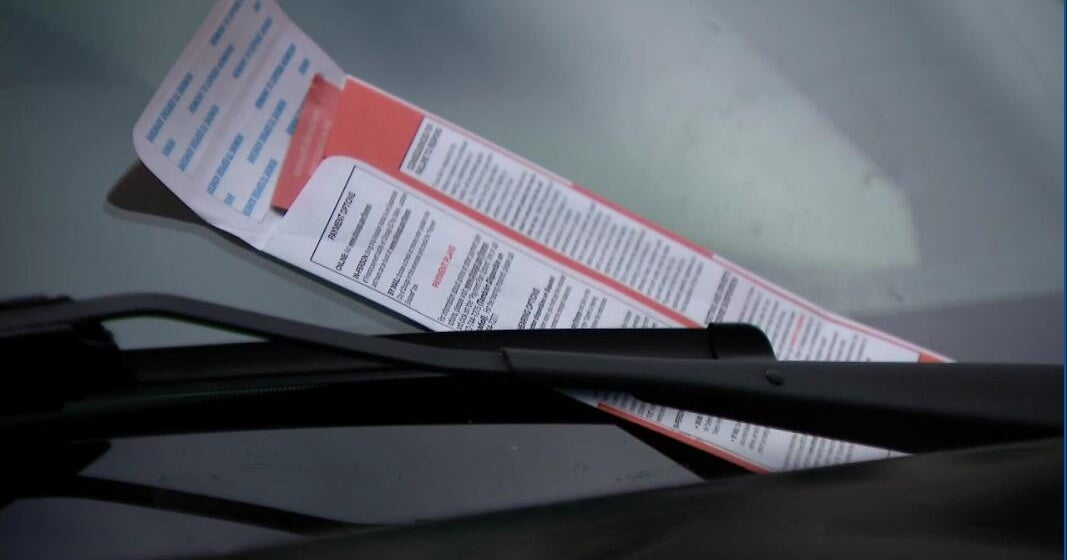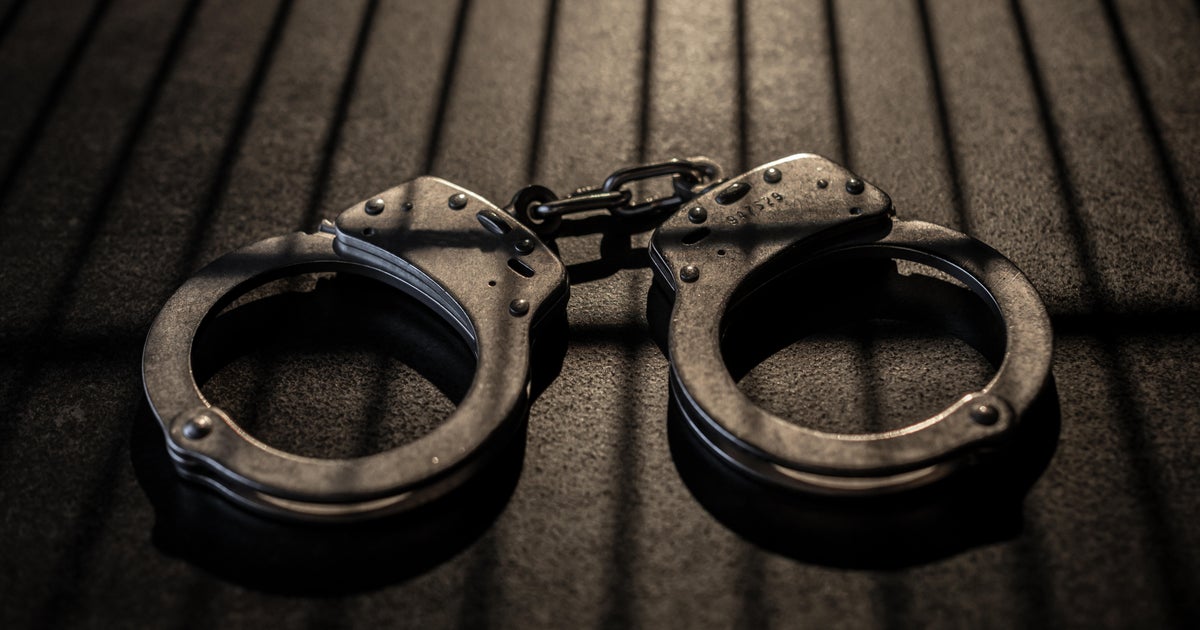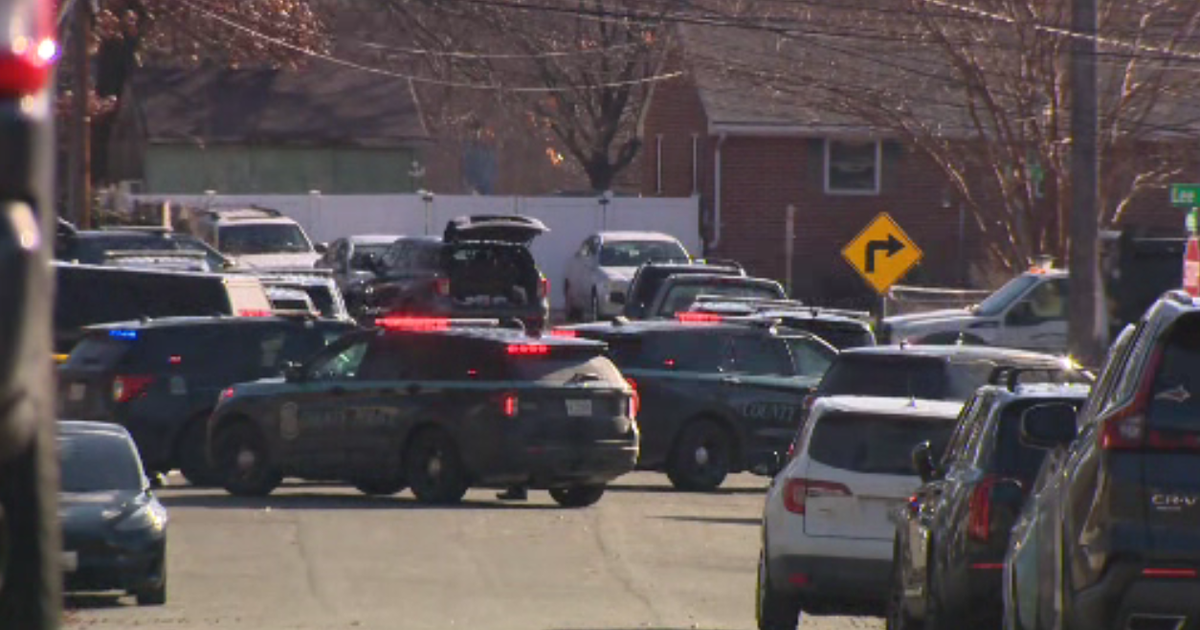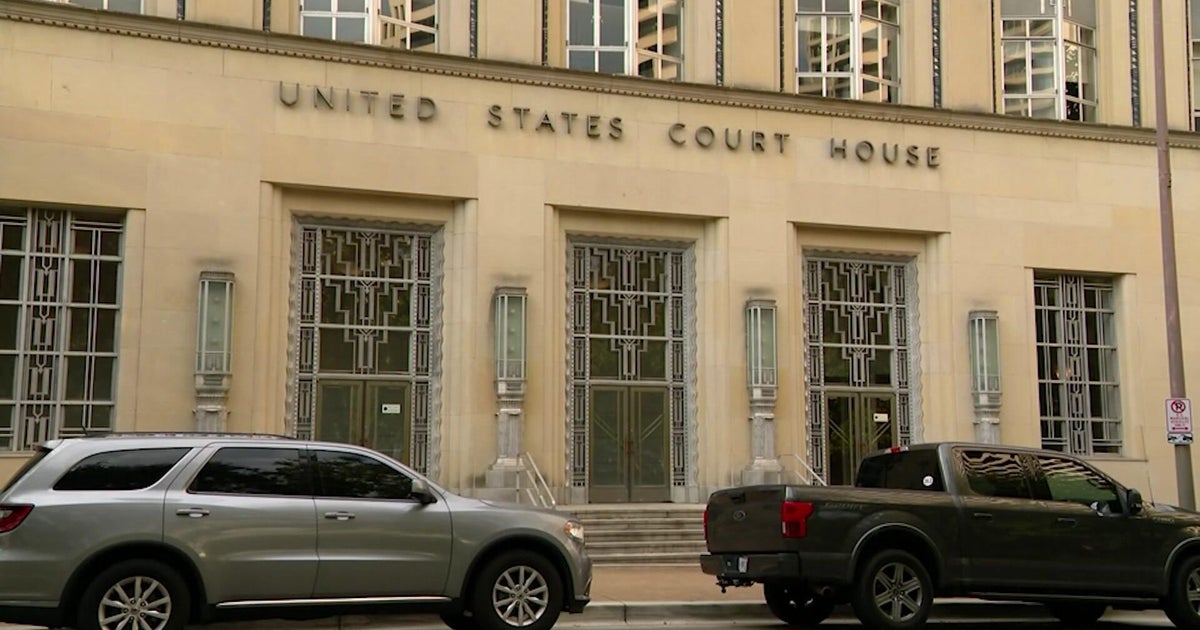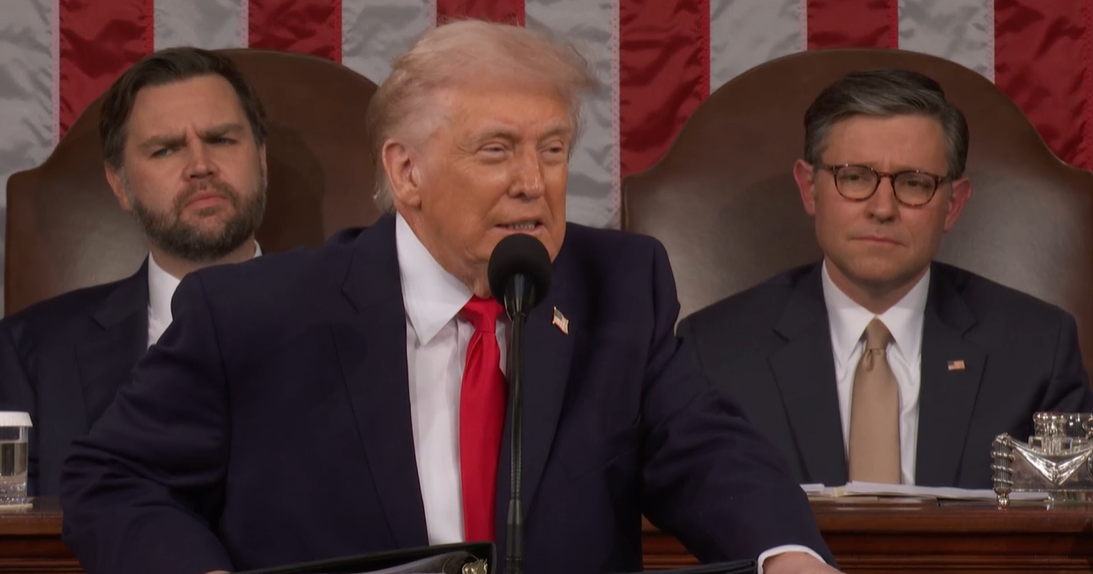Court Hears Arguments Over Walker-Related Probe
Updated 09/09/14 - 07:30 p.m.
CHICAGO (AP) — Wisconsin prosecutors on Tuesday tried to persuade a federal appeals court to let them to resume their investigation of Gov. Scott Walker's recall election campaign, in a case that touches on broader issues about just what constitutes constitutionally-protected political activity.
In more than 90 minutes of questioning, three judges on a panel at the 7th U.S. Circuit Court of Appeals in Chicago didn't give a clear indication of which way they might be leaning. But two of the three repeatedly broached questions about whether federal judges should intervene in what appeared to be a state matter.
When it comes to federal courts dictating to states about criminal investigations or anything else, Judge Frank Easterbook said, what precedent demands is, "Be modest. Be careful."
The arguments in a downtown Chicago building took place two months before Walker — a Republican seen as a potential 2016 candidate for president — faces a closely contested re-election against Democrat Mary Burke.
Walker made a national name for himself when he took on public sector unions in 2011. That fight led to the 2012 vote to recall Walker, which he won. The recall battle ultimately led to the legal dispute now in the Chicago court.
No one has been charged in the investigation and prosecutors have said Walker isn't a target. Republicans have dismissed it as a partisan witch hunt against conservative groups, while Democrats say it has revealed serious questions about possible illegal activity by Walker and his backers.
The case centers on the type of political activity done by the conservative groups during the recall campaign and whether that work required them to follow state laws that bar coordination with candidates, require disclosure of political donations and place limits on what can be collected.
Much of Tuesday's arguments focused on the intricacies of Wisconsin's criminal system.
Easterbrook, who was appointed by Republican President Ronald Reagan, and Judge Diane Wood — named to the bench by Democrat Bill Clinton — both sounded skeptical about whether a federal court was justified in telling a state how to conduct criminal inquiries.
"I don't understand why a federal court — at this micro-level — should be brought in," Wood said.
Prosecutors, who opened the investigation in 2012, want the appeals court to reverse a preliminary decision halting the investigation in May and dismiss the federal civil rights lawsuit filed by the conservative Wisconsin Club for Growth and its director, Eric O'Keefe.
Wood said she was "troubled" about encouraging the notion that anyone unhappy about a state investigation targeting them can simply "come running across the street to a federal court" and ask a U.S. judge to stop it.
A lawyer for the conservative groups said his clients had little other recourse but to seek federal court intervention. He argued that prosecutors were trampling on rights protected by U.S. Constitution.
"The issue is our clients' right ... to be free of retaliation (for expressing) his First Amendment rights," said attorney Mark DeLaquil.
In a court filing, prosecutors decried the lower-court ruling halting their investigation, saying it gave too much weight to the interests of well-funded, politically minded groups and not enough to the public interest.
On the surface, the composition of the three-judge panel hearing the case, with two Republican and one Democratic appointee — would appear to favor the conservatives. But judges are fiercely independent and their decisions frequently do not line up with the party of the president who appointed them.
The other judge on the panel is William Bauer, who was appointed by Republican President Gerald Ford in 1974.
The judges Tuesday voiced similar reservations about federal court intervention when they heard arguments from a media attorney asking the panel to order a state judge to open now-seal documents in the investigation.
"We have to assume the Wisconsin judiciary knows Wisconsin law," Easterbrook said. "You are asking us to... override Wisconsin law" about keeping investigative records secret.
(TM and © Copyright 2014 The Associated Press. All Rights Reserved. This material may not be published, broadcast, rewritten or redistributed.)
